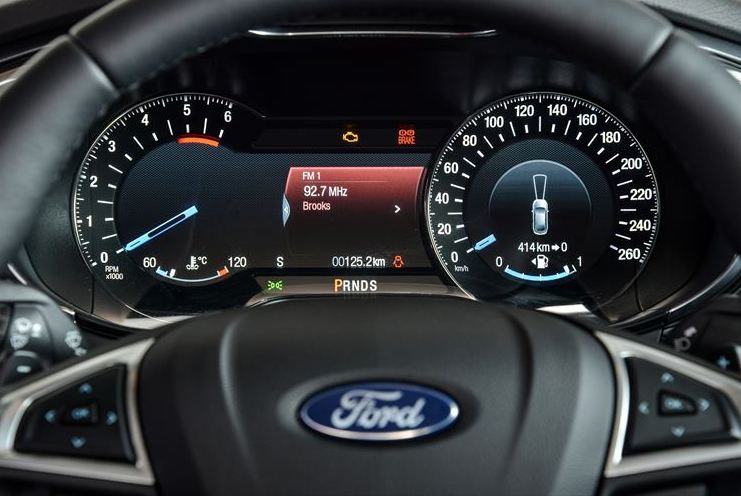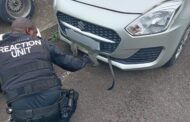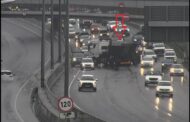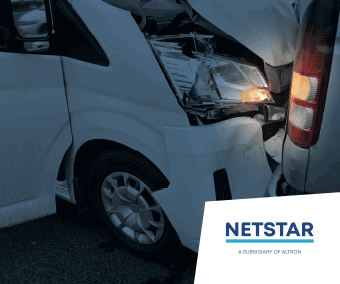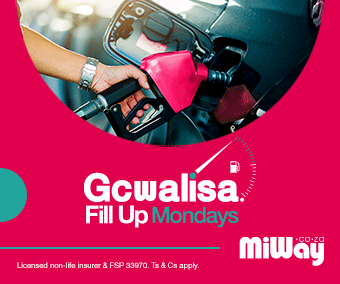Buying your first car is always a great achievement. Like every car driver, it is important to be cautious when you’re on the road. When driving in South Africa, or anywhere else in the world, it’s vital that you practising safe driving.
Over the past few years, there has been an increase in the number of accidents that happen around South Africa, especially during the festive season. So, it’s important that you drive safely during this time. However, you have to keep in mind that safe driving isn’t just for the festive season, safe driving should be implemented all year round.
Here are a few helpful safety tips for both new and experienced car drivers
Familiarise yourself with your car
You don’t need to buy a brand new car, second-hand vehicles are just as safe. There are many suitable, well kept second-hand vehicles which are available. Let’s say while you were looking for a suitable car, you saw a used VW Polo for sale or any other quality VW used car for sale for that matter.
You can find one that’s in a good condition as there are many quality second-hand cars in South Africa. What’s important is that you find the right one for yourself.
There is a range of vehicles such as Hyundai, Volkswagen and BMW you can choose from. You can either buy a brand new car or a VW pre-owned car but it is always best to familiarise yourself with your car. If you get a VW second-hand car make sure you know everything about the car and follow the right buying steps.
Make sure that before you leave your house, especially at night, that you have checked that everything is running smoothly.
Tip: before you go driving at night, try test driving your new car a few times during the day until you’re comfortable driving it.
Always have your safety kit in your car
Having a safety kit is important as you never know what might happen while you’re on the road. You could find yourself in unforeseen circumstances such as your car breaking down or you could be involved in an accident.
There will be times when your car breaks down in a quiet rural area and help won’t be easily accessible. Your emergency kit should include:
- A flashlight with working batteries
- Road flares
- A map of where you are going in case you get lost
- Jumper cables
- Spare tyre
- A tyre iron
- Oil
- Windshield washer fluid
- Coolant
- First aid kit
- Tow strap
- Water bottle
Carry your cell phone with you so that you can call for help and charge your phone before you leave or bring a power bank.
Pay careful attention to the road and road signs
When you are on the road keep in mind the different speed limits and always change your speed when necessary. Always obey traffic signs, look out for reckless drivers and always be vigilant when you’re on the road.
Avoid being on your phone when you’re on the road. The main reasons people get into accidents are that they’re under the influence or using their cellphones. Always keep your eyes on the road.
When you are driving with your friends, always pay attention to the car and not your friends. You might think you are good at multitasking but you shouldn’t be taking that risk. It’s also important to look at your fellow drivers. The reality is that there are a few reckless drivers and you should be on the lookout for them and try to avoid any collisions.
If you’re on your phone, avoiding the speed limit or chatting to your friends it’s going to be hard for you to stay focused.
Do a car check before you leave
Before you leave your home, always check whether everything is up to standard. More so if you’re planning on travelling a long distance. Check to see if you have enough petrol to last the drive and always have some in your boot.
Check to make sure your lights, indicators, windscreen wipers, brakes, steering wheel, exhaust system and tyres work. You will have peace of mind knowing you have done a check and your car is in good condition to drive.
Ignore rude drivers
You will drive among people who have road rage – don’t take note of them. They will speed and try to take over, the best thing you can do is move out of their way. Let the fast, angry drivers pass you to avoid any collision.
Keep your personal belongings safe
Always keep your things safe – whether it is sensitive information you collected from work or it’s your handbag, always try to keep your belongings in your boot. This is in case you are in a situation of a smash and grab. Even though you might not have experienced it, it’s good to stay cautious.


